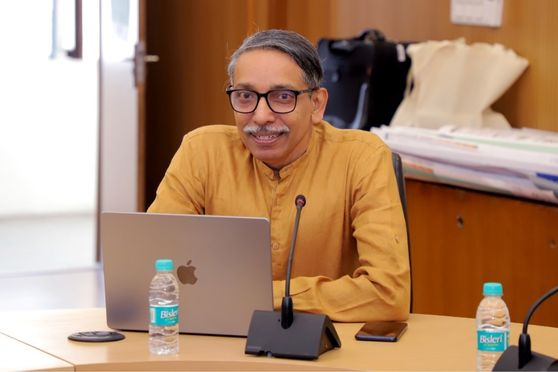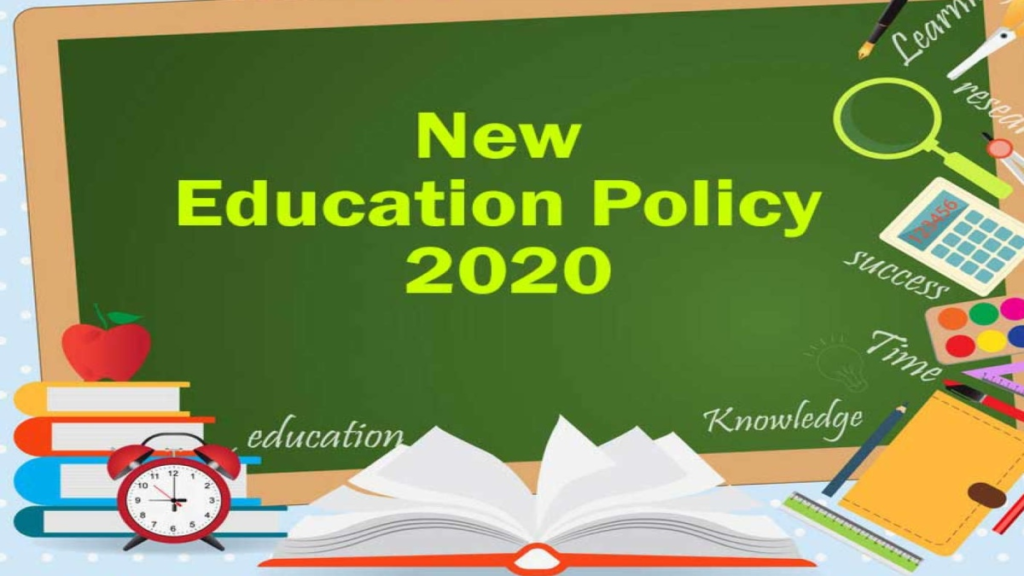NEP 2020 : Interested writers have until January 30, 2024 (11:59 p.m.) to send their acceptance to the Commission and submit an Expression of Interest (EOI) using the online form.
NEP 2020 : Introduction
In a significant move aligned with the National Education Policy (NEP) 2020, the University Grants Commission (UGC) has opened its doors to writers, scholars, and faculty members to contribute to the creation of undergraduate textbooks in 12 Indian languages. This initiative aims to provide students with learning materials in their native languages, fostering a deeper understanding of various subjects at the undergraduate level.
ALSO READ : MAH CET Law 2024 : Exciting Opportunity As Registration Opens For Three – Year LLB Programme

Inviting writers
The UGC is actively seeking Expression of Interest (EOI) from interested authors, critics, and faculty members of higher education institutes. The invitation extends to those with expertise in Arts, Science, Commerce, and Social Sciences. The deadline for submission is January 30, 2024, at 11:59 pm. Interested individuals can send their acceptance to the Commission and provide their EOI through the online form available at this link.

UGC’s vision
Mamidala Jagadesh Kumar, Chairman of UGC, expressed the commission’s commitment to developing textbooks at the undergraduate level in 12 Indian languages. Nodal universities in different states will coordinate the formation of author teams dedicated to crafting high-quality textbooks in Indian languages. This initiative resonates with the NEP 2020’s broader goal of expanding learning opportunities in Indian languages.

NEP 2020 and multilingualism
In alignment with the National Education Policy (NEP) 2020’s commitment to fostering cognitive benefits through multilingualism for young learners, especially from the foundational stage, the policy underscores the imperative of using the home language, mother tongue, local language, or regional language as the medium of instruction whenever feasible, as outlined in paragraph 4.12. Recognizing the importance of this directive, the Central Board of Secondary Education (CBSE) has previously issued a notice urging affiliated schools to embrace National Council of Educational Research and Training (NCERT) books.

These books, thoughtfully made available in 22 scheduled Indian languages, align with the NEP 2020’s broader vision of linguistic inclusivity and accessibility in the education sector. This strategic initiative by the CBSE reflects a proactive step towards realizing the policy’s objectives and promoting a diverse and enriching educational experience for students across the country.

Supporting regional languages
By encouraging writers to develop textbooks in 12 Indian languages, the UGC is taking a significant step toward strengthening the regional language ecosystem in higher education. This initiative not only aligns with the NEP 2020 but also addresses the diverse linguistic landscape of India, ensuring that students have access to quality educational resources in their native languages.

This forward-thinking approach not only fosters linguistic diversity but also promotes inclusivity, acknowledging the cultural and linguistic richness that defines the educational experience in our country. The UGC’s commitment to offering learning opportunities in regional languages reflects a broader vision of an education system that caters to the varied linguistic preferences and backgrounds of students, ultimately contributing to a more equitable and culturally sensitive academic environment.

Conclusion
The UGC’s call for authors to contribute to undergraduate textbooks in Indian languages is a commendable effort toward realizing the objectives set forth by the NEP 2020. As the deadline approaches, it is anticipated that a diverse pool of writers will come forward to enrich the educational landscape, providing students with the opportunity to engage with academic content in languages that resonate with their cultural and linguistic identity. This initiative reflects a positive step towards inclusive education and linguistic diversity in higher education in India.
To explore more news : Click Here
ALSO READ : IIT Bombay Clarifies Placement Figures : Only 22 Students Received Rs 1 Crore Plus Offers




































